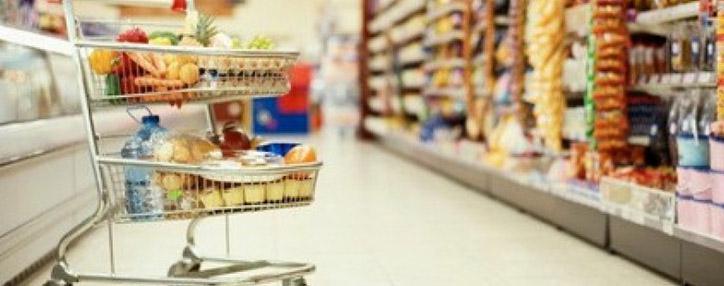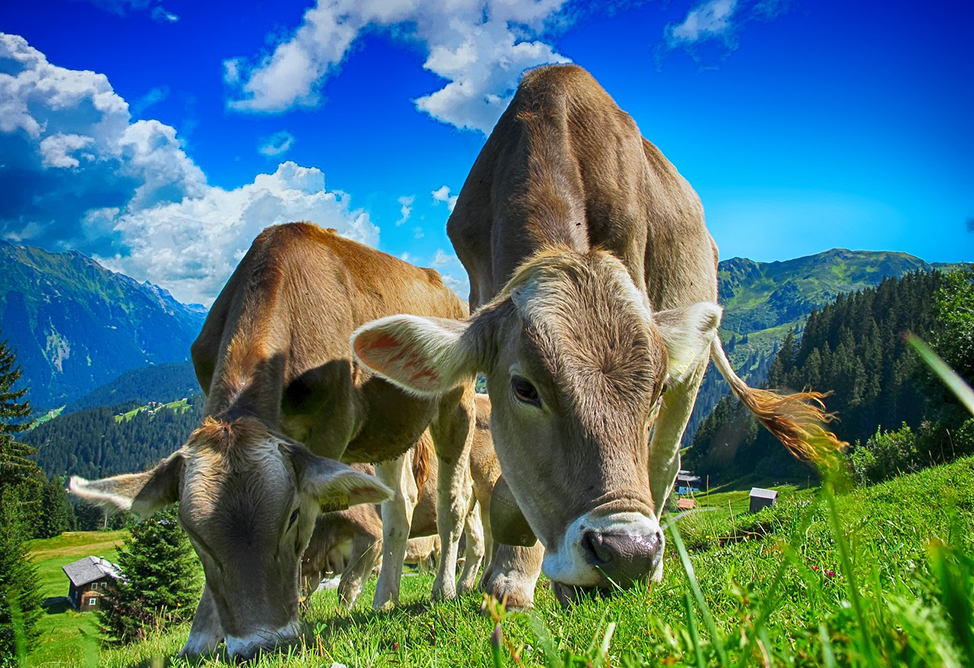Armenian MP questions government’s economic growth figures
25.01.2018,
16:59
A parliament member from the Prosperous Armenia party Vardan Bostanjyan questioned today the official figures, which say that the Armenian economy grew last year by more than six percent, claiming that ‘no serious economic successes’ was achieved in 2017.

YEREVAN, January 25. /ARKA/. A parliament member from the Prosperous Armenia party Vardan Bostanjyan questioned today the official figures, which say that the Armenian economy grew last year by more than six percent, claiming that ‘no serious economic successes’ was achieved in 2017.
Speaking to journalists, Bostanjyan said the government’s failure to register serious economic progress in 2017 was due to both objective and subjective reasons. In his words, one of the main reasons is the imperfect management system.
"Our management system needs radical reforms. Their lack affects first of all the country's economic development. The social problems stem from the government’s inability to ensure the growth of pensions, subsidies and wages amid growing inflation," Bostanjyan said. He said also that the latest rise in prices of a string of staples has hit severely about 1 million people who are considered as poor.
According to the latest data, the poverty level in Armenia at the end of 2016 was 29.4%, which was 0.4 pp. less than in 2015. The share of very poor among them was 9.8%, and that of extremely poor - 1.8%.
In a related development, deputy parliament speaker Eduard Sharmazanov argued that artificial deterrence of prices is more dangerous than their natural growth. "We do not think that we have to fight against price hikes by artificially lowering prices only. We live in a country with a liberal economy, not a planned one. The market itself determines the prices,"
Sharmazanov said. According to the vice-speaker, the main question is whether price growth is objective. "Where it is subjective, studies will be conducted and the guilty will be punished. There are two approaches to combating price increase - monitoring of markets and development of local production," he said.
According to Armenia’s National Statistical Service (NSS), in December 2017, butter price went up by 41%, the price of pork surged by 36.9%, tomatoes rose by 31.1%, lamb by 28.9%, potatoes by 28%, trout by 23.4%, beef by 17.1%, eggs by 10.1% and wine by 9.1%. -0-
Speaking to journalists, Bostanjyan said the government’s failure to register serious economic progress in 2017 was due to both objective and subjective reasons. In his words, one of the main reasons is the imperfect management system.
"Our management system needs radical reforms. Their lack affects first of all the country's economic development. The social problems stem from the government’s inability to ensure the growth of pensions, subsidies and wages amid growing inflation," Bostanjyan said. He said also that the latest rise in prices of a string of staples has hit severely about 1 million people who are considered as poor.
According to the latest data, the poverty level in Armenia at the end of 2016 was 29.4%, which was 0.4 pp. less than in 2015. The share of very poor among them was 9.8%, and that of extremely poor - 1.8%.
In a related development, deputy parliament speaker Eduard Sharmazanov argued that artificial deterrence of prices is more dangerous than their natural growth. "We do not think that we have to fight against price hikes by artificially lowering prices only. We live in a country with a liberal economy, not a planned one. The market itself determines the prices,"
Sharmazanov said. According to the vice-speaker, the main question is whether price growth is objective. "Where it is subjective, studies will be conducted and the guilty will be punished. There are two approaches to combating price increase - monitoring of markets and development of local production," he said.
According to Armenia’s National Statistical Service (NSS), in December 2017, butter price went up by 41%, the price of pork surged by 36.9%, tomatoes rose by 31.1%, lamb by 28.9%, potatoes by 28%, trout by 23.4%, beef by 17.1%, eggs by 10.1% and wine by 9.1%. -0-



